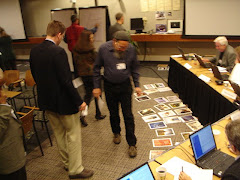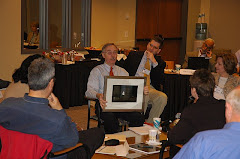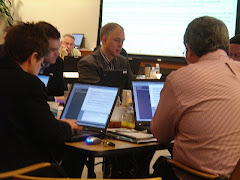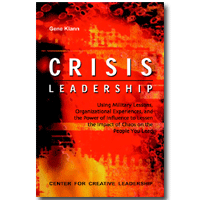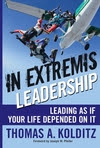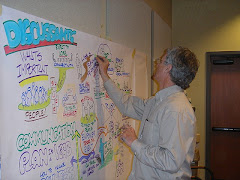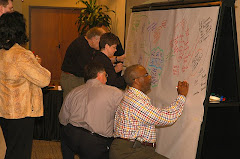
The devastating earthquake in Haiti has produced a remarkable global response. The response, while no means adequate to the immense need, is still astounding in the vast outpouring of support -- manifest in rescue crews from far corners of the globe, the fundraising telethons by famous pop stars, the collection drives by ordinary people everywhere, and the sharing of food scraps among neighbors in Haiti.
This noble effort, while marred by missteps and confusion, shows that our global community can come together in collective action. A true test will be whether we can sustain this effort (I wrote about this on the CCL's Leading Effectively blog), applying our collective efforts in extended cooperative action. If we can accomplish this, what the terrible disaster in Haiti will give the world is a new global compact for bringing our immense, shared capabilities to bear in cooperative action wherever great human need is manifest.


